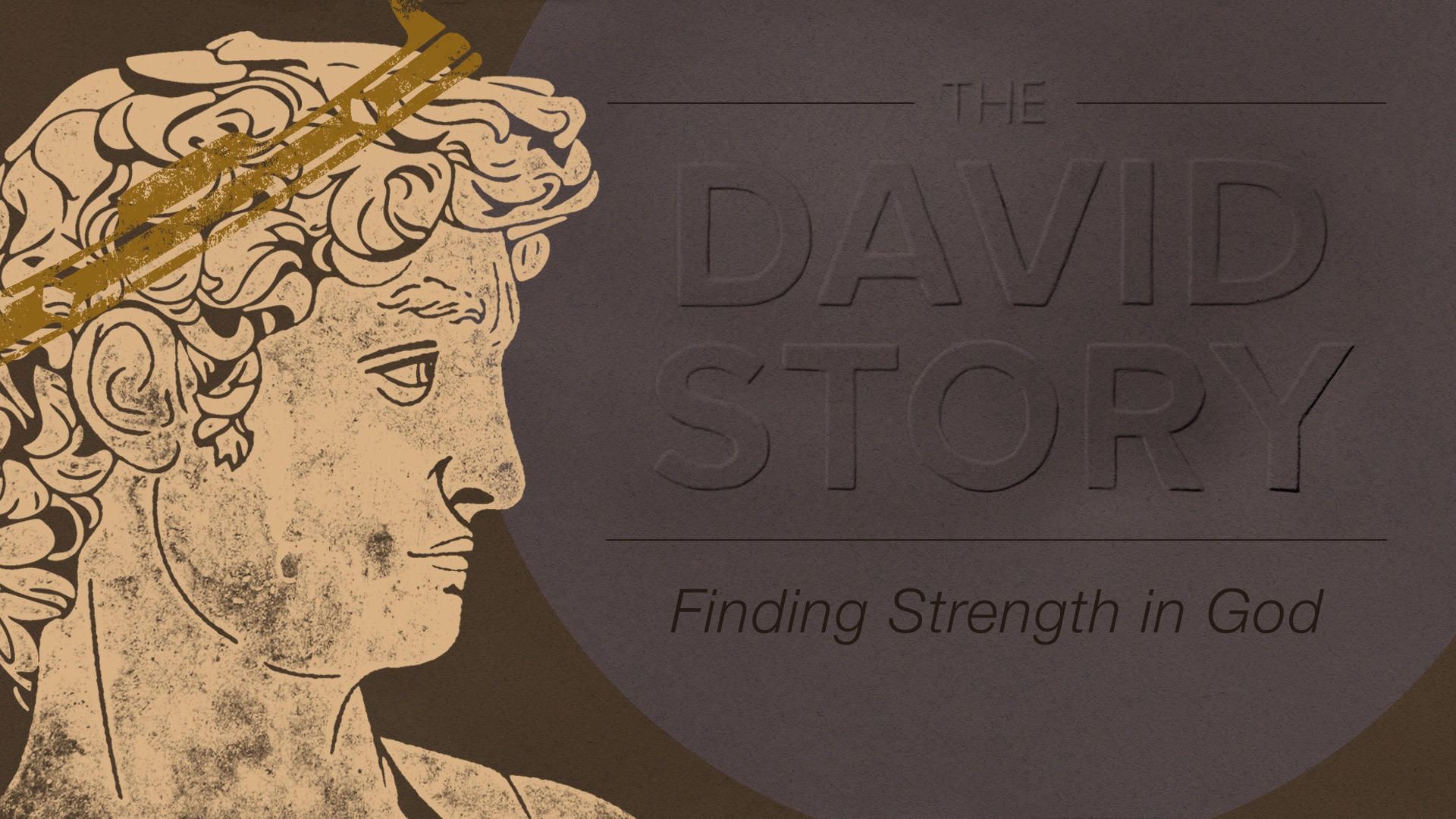One More Thing
Hi Five Oakers, The weekend is almost here and there are a few things I want to share with you.

The Weekend
This weekend's passage (1 Samuel 7) is for all of us who want to do something significant for God with our lives.
David wants to do something significant for God. He wants to build a house for God. He even brings it up with his pastor who gives him an enthusiastic thumbs up. David has received his building permit and is ready to start.
Then God withdraws the building permit. Why? Some of you may know part of the answer, that David is a man of war. But that reason, although one of God's reasons (see 1 Chronicles 22:8 and 28:3), never comes up in this passage. The reasons God gives in 2 Samuel are all reasons with which we can identify.
This passage gives us so much to think about when we want to do something great for God and he says 'no' or 'not yet.'
FYI
Frederica Mathewes-Green, David A. Croteau, Steve Stewart on "[3 Views on] Is It Robbing God to Tithe on Your After-Tax (Not Gross) Income?"
Over the years, our total giving (including alms) has ranged from 15 to 20 percent. We found, like others before us, that once we determined to make our tithe the first payment each month and this habit became routine, all other expenses fell into place.
Seth Godin on "In Search of a Metaphor"
An amateur memorizes. A professional looks for metaphors.
Leslie Leyland Fields on "How We Made Too Much of Gender: Reclaiming an identity more meaningful than manhood or womanhood"
I’m not attempting to usher us all back to the extremes—and bad fashion—of the unisex ‘70s. We need not pretend we are all alike, or that gender doesn’t matter, but gender has mattered far too much. A settled identity as a man or woman or homosexual or transwoman or genderqueer or any of the other LGBT designations will not answer our deepest human longings—to know and be known, to love and be loved by the one in whose image we’re made. Nor do all the delineations for gender provide a way forward for living in our shared humanness and createdness.
One More Thing
From last week's sermon, here is the quote from Eugene Peterson in Leap Over a Wall: Reflections of the Life of David (pp. 150-151):
Holy Scripture posts Uzzah as a danger sign for us: "Beware the God." It is especially important to have such a sign posted in places designated for religious worship and learning. We enter a church or school to learn of God, be trained in knowledge and obedience and prayer. And we do get what we came for -- truth that centres, words that command and comfort, rituals that stabilize, work that has purpose, a community of relationships, forgiveness that frees.
We find God. We change our ways. We repent and believe and follow. We rearrange our circumstances and reestablish our routines around what now gives meaning and hope. We take on responsibilities in the wonderful new world of worship and work. We advance in the ranks and, before we know it, we are telling others what to do and how to do it. All this is good and right. And, then, we cross a line -- we get bossy and cranky on behalf of God. We began by finding in God a way to live rightly and well and, then, along the way, we take over God's work for him and take charge of making sure others live rightly and well. We get the idea that we are important (self-important) because we are around the Important.
Religion is a breeding ground for this kind of thing. Not infrequently, these God-managing men and women work themselves into positions of leadership. Over the years, the basics with which they began -- the elements of reverence and awe, the spirit of love and faith -- erode and shrivel. Finally, there is nothing left. They are dead to God.
Uzzah is a warning. If we think and act like that, we will be dead men and women, sooner or later. Dead in our spirits. Dead to the aliveness of God. Jesus called such people "whitewashed tombs ... full of the bones of the dead" (Matthew 23:27).
Uzzah's death was not sudden; it was years in the making. His "dead works" accumulated within him like the bones of the dead, suffocating the spirit of praise and faith and worship.